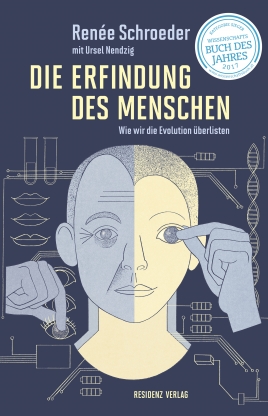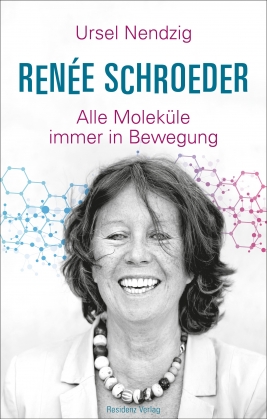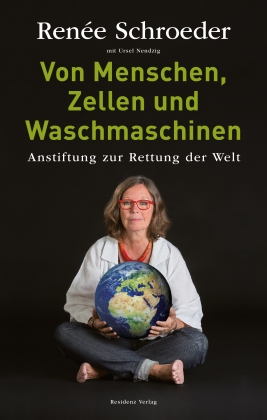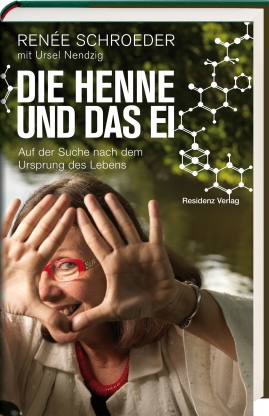Renée Schroeder ist nicht nur eine der bekanntesten und erfolgreichsten NaturwissenschaftlerInnen Österreichs, sie ist auch eine pointierte Erzählerin. (…) Sie erzählt von ihren Erkenntnissen als engagierte Forscherin – und das durchaus streitlustig.
[Quelle: BUECHEREIEN.WIEN.AT]
Schroeder beweist, wie wichtig es ist, Wissenschaft unter die Leute zu bringen.
[Quelle: Juliane Fischer, FALTER]
Der Leser erhält durch einen unkonventionellen, agnostischen, naturwissenschaftlichen Geist vielfältige Anregung zum Nachdenken über menschliches Verhalten und Zukunft.
[Quelle: Frank Lobeck, EKZ]
Im Vorwort ihres Buches schreibt die Autorin selbstbewusst: „Ich kann Ihnen versprechen: Sie werden es nicht bereuen, dieses Buch in die Hände genommen zu haben.“ Dem ist insofern zuzustimmen, als der Leser darin auf anregende Weise mit neuen und weltbildprägenden Erkenntnissen der Biologie vertraut gemacht wird (…) Ich muss gestehen, dass ich aus dem Buch viel gelernt habe.
[Quelle: Martin Koch, NEUES DEUTSCHLAND]
Auf vieles gibt Schroeder Antworten, schafft es, eine Zukunft für den Menschen erkennen zu lassen und dabei auch in die Vergangenheit zu blicken, um die Gegenwart bewältigen zu können.
[Quelle: Konrad Holzer, BUCHKULTUR]
Ein Parcoursritt durch die Evolution, den die Wiener Biochemikerin wie auch in ihren bisherigen Büchern mit Bravour meistert, sodass es für Laien wie auch Wissenschaftsinteressierte viel zu entdecken gibt.
[Quelle: PROFIL WISSEN]
Das neueste Werk der Wissenschaftlerin Renée Schroeder sollte in keiner Bibliothek fehlen.
[Quelle: SCHWARZATALER ONLINE]
… hoch interessant (…) außerordentlich gut zu lesen…
[Quelle: DIE FURCHE]
Intelligente Aufklärung
[Quelle: TVMEDIA]
Ein Buch mit vielen Basisinformationen und noch viel mehr Stoff zum Nachdenken.
[Quelle: UNIVERSUM MAGAZIN]
Dieses populärwissenschaftliche Buch verbindet jüngste biologische Erkenntnisse mit Fragen der gesellschaftlichen Entwicklung.
[Quelle: Arne Manzeschke, PUBLIK-FORUM]
(…) ein Blick auf den Werdegang des Menschen und in seine Zukunft. Dabei verbindet die Autorin biologische Erkenntnisse mit Fragen gesellschaftlicher Entwicklung.
[Quelle: KURIER]









